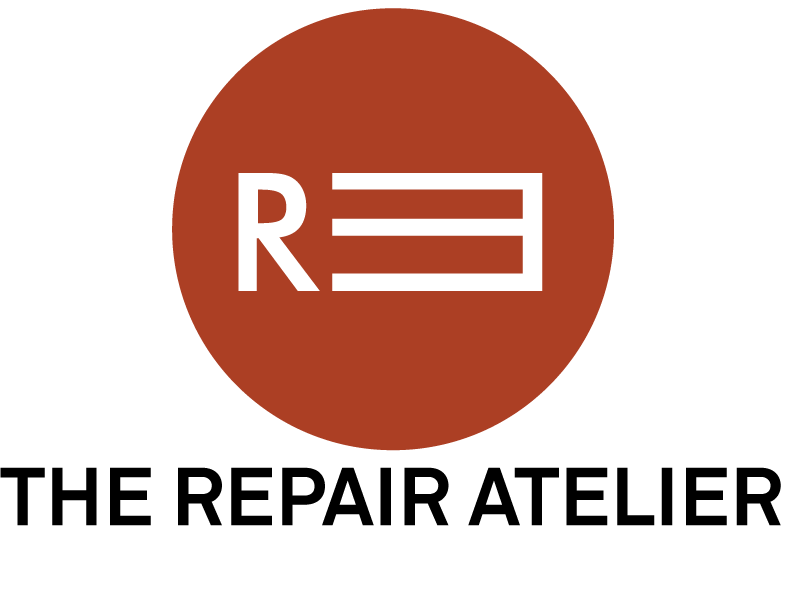On Jua Kali
By Tahir Karmali
Literally translated as “fierce sun,” Jua Kali originally referred to day laborers who worked in the fields. After Kenya’s independence, this term slowly changed meaning as cities developed across the country. Everyone in Kenya has their own nuanced definition, but, for the most part, Jua Kali describes the informal sector of Kenya’s economy. It also refers to a region in the city where “Jua Kali workers” create practical design objects, often welded or made from metal, at a lower cost than those found in retail stores. When something is described as “made in a Jua Kali way,” it means that the object was made practically, quickly, and with ease.
As a descriptor of quality, Jua Kali could go one of two ways: if the object fails, then it was shoddily made; if the object succeeds, then it is sturdy and reliable. I think of Jua Kali as being closer to improvisation and creativity. I imagine all of us as being Jua Kali: welded together to somehow function at any cost, we are the amalgamation of a series of fragmented histories, full of ambition for “development,” and left with the painful echoes of colonialism. I find it poetic that this term is linked to the sun because it is innately associated with time. It is a reminder of our history and ferocity as we continue to move into the future.

